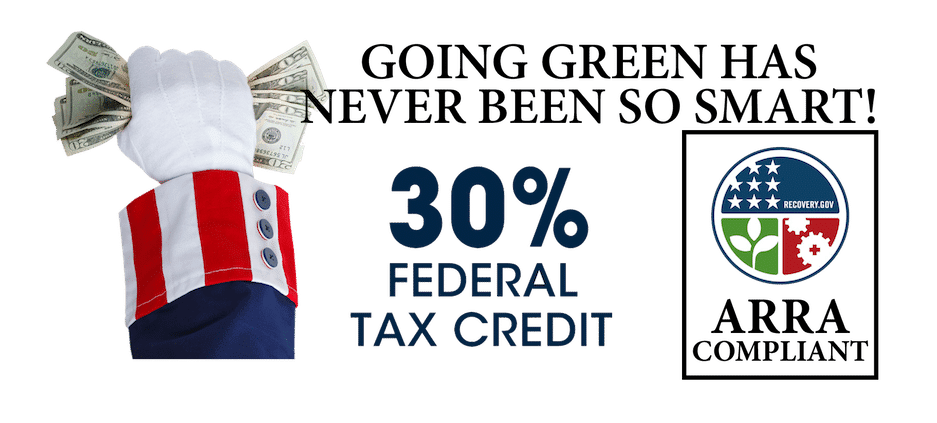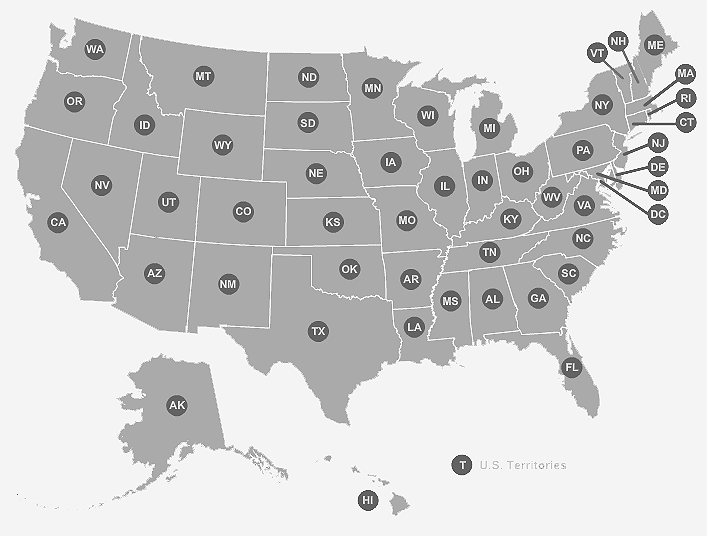Incentives & Tax Info
Federal Tax Credit Information

Federal tax credit for solar attic fans, which has been identified as “Solar Electric Property” as defined by IRS Notice 2009-41, “Credit for Residential Energy Efficient Property” as prescribed in the American Recovery and Reinvestment Act of 2009 (ARRA) has been extended through end of 2021 but was recently updated again to 30%. Solar Powered Attic Fan Systems. NEW: as part of the DEC2020 stimulus package passed by Congress, the Solar Tax Credit (ITC) has been extended at 30% through the year-end of 2023. The tax credit applies to the purchase price of the fan and installation costs seperately line-itemed on an invoice from the installer. Provided the installation occurs between January 1, 2011 and December 31, 2016, which we understand has now been extended to the end of 2025** (see details below):
Download IRS Form 5695 for:
– additional Form 5695, Residential Energy Credits (IRS) original resources & details here –
Download Manufacturer’s Certification Statement Here –
Homeowner’s Guide to the Federal Tax Credit for Solar Photovoltaics– This is a great link for an explanation on how the solar credits are handled by the IRS and the only thing we would add is that our SR1800 Solar Attic Fans are designated as a solar system. YES! A solar panel and motor integrated is a system, a very small system, but again, handled the same way. The last thing to know and has been reported to us numerous times is that the SR1800 ‘solar attic fans’ must be itemized seperately and should the labor to install. This will be the number utilized to calculate your credit from.
**Notes/Disclaimer: Solar Royal, LLC. is not a tax advisor. Taxpayers (private or commercial) claiming a tax credit should consult a tax professional with any questions prior to purchasing the product. It is also our understanding and would make sense when purchasing any solar attic fan that to calculate your tax credit; one must show the cost of the items and cost of labor to have installed to calculate the tax credit opportunity. So again, this would mean if you have an invoice from a roofing company, solar company, HVAC company, contractor, installer, or whoever installed your fan(s) would need to itemize that cost; the cost of units and labor to install them so that a calculation base of the tax credit can be determined. Solar Royal, LLC. is also not responsible or liable for the taxpayer’s ability to receive tax credits. Please review the IRS Residential Energy Credit site and also contact the IRS regarding your particular eligibility.
H.R.1892 – Bipartisan Budget Act of 2018
(1) by striking “periods ending before January 1, 2017” in clause (ii) and inserting “property the construction of which begins before January 1, 2022”, and
(2) by striking “periods ending before January 1, 2017” in clause (vii) and inserting “property the construction of which begins before January 1, 2023”.
(IMPORTANT to verify with your tax professional – SolarRoyal is not providing tax advice).
State & Local Tax Credit/Rebate Information Resources
Tax incentives above-and-beyond the Federal tax credit are available for many residents in specific municipalities. Look for your state below to find additional information as you ‘zoom’ in on your specific state, city and municipalities. Take the time to review this carefully as there are many opportunities available. However, you will need to carefully go through the information provided on the (DSIRE.ORG) site. Please note the information on the DSIRE.ORG site changes often so check back frequently or contact your local municipalities for additional details.

Furthermore, if you’d like additional information at the source, please visit the Database of State Incentives for Renewables & Efficiency (DSIRE).
Currently, credits and/or rebates are available in the following locations:
California: Anaheim, Azusa, Ballico, Brawley, Burbank, Calexico, El Centro, Ceres, Crows Landing, Delhi, Denair, Diablo Grande, Empire, Escalon, Glendale, Hickman, Hilmar, Hughson, Holtville, Imperial, Keyes, La Quinta, Le Grange, Lodi, Modesto, Mountain House, Oakdale, Patterson, Palo Alto, Pasadena, Ripon, Riverbank, Riverside, Salida, Santa Clara, South Modesto, Turlock, Waterford, Westmoreland, Winterhaven
- Hawaii: Lanai, Maui, Molokai, Oahu
- Indiana: All of Indiana
- Iowa: Eastern Iowa Framers Co-op
- Montana: All of Montana
NOTE/DISCLAIMER: Solar Royal, LLC. is not a tax advisor. Taxpayers claiming a tax credit should consult a tax professional with any questions prior to purchasing the product. Solar Royal, LLC. is also not responsible or liable for the taxpayer’s ability to receive tax credits.
Energy (Solar) Informational Resources
U.S. Department of Energy: Information on national goals pertaining to the economic and energy security of the United States, scientific and technological innovation, and environmental responsibility promotion.
National Renewable Energy Laboratory: A resource covering the basics of solar energy and all types of technology employed to harness solar power.
American Solar Energy Society:A non-profit organization “leading the renewable energy revolution,” dedicated to increasing the use of solar energy, energy efficiency, and other sustainable technologies in the U.S.
Texas Solar Energy Society: To increase the awareness of the potential of solar energy and other renewable energy applications and to promote the wise use of sustainable and non-polluting resources.
Go Solar California: Information on the California Solar Initiative program, whose goal is to create 3,000 megawatts of solar electricity by 2017.
Solar Energy Industries Association: The national trade association for the solar industry, working to expand markets, strengthen R&D, lower market barriers, and improve solar education and outreach.
U.S. Green Building Council: A non-profit organization (composed of over 12,000 organizations in the industry) committed to expanding the use of sustainable energy in building construction.
National Energy Education Development Project: Promotes an energy conscious and educated society by creating networks of students, educators, business, government and community leaders to design and implement multi-sided energy education programs.
